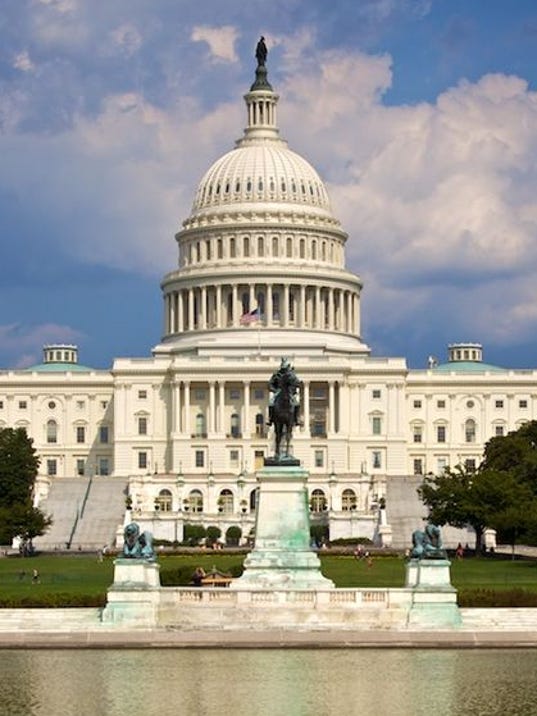
The House Armed Services Committee early Thursday adopted a $612 billion defense authorization bill which would radically reform military retirement but reject changes to a host of other benefit trims proposed by the Pentagon.
By a 60-2 vote, the panel approved the annual budget legislation after almost 19 hours of debate, setting the stage for a full House vote in mid-May. The bill is one of the most-followed measures among the defense community, because of the hundreds of policy renewals and revisions involved.
This year, that includes provisions again rejecting Defense Department pleas for another base closure round, full funding for commissary operations despite Pentagon plans for trims, and passive support for a 2.3 percent pay raise despite White House insistence that a lower, 1.3 percent hike would better help control personnel costs.
The measure also outlines plans to plus up temporary war spending to more than $89 billion in fiscal 2016 in an effort to get around spending caps mandated under the 2011 Budget Control Act.
White House officials have threatened to veto any budget bills that fail to repeal those spending caps, but Republicans in Congress have instead opted to use the contingency funding as a way to boost military spending without providing budget relief for other, non-defense agencies.
The retirement reforms — which follow recommendations from a two-year independent commission review — would update the current 20-years, all-or-nothing system with a blended benefits package featuring 401(k) style investments for all troops.
Supporters have praised that move as finally giving some retirement benefits to the 83 percent of troops who serve less than 20 years, but opponents worry that plans to cut pension-style payouts by one-fifth could hurt retention of senior service members.
The measure includes a number of new provisions for handling of sexual assault cases, including expanded access to legal resources for victims and improved services for male victims.
But the House panel again rejected efforts to separate those prosecutions from the military chain of command, a priority of some advocates who argue the military justice system has proven inadequate to handle such cases.
The pay raise issue is likely only a temporary victory for supporters of a biggest boost to troops wallets.
Although panel members said they support the larger raise, they did not include any specific language in the measure mandating the 2.3 percent target. That would allow the president to easily substitute his lower, 1.3 percent hike later this year.
Unlike last year, the authorization bill draft does not include a freeze on basic pay for general and flag officers in paygrades O-7 through O-10.
Lawmakers also dismissed Pentagon plans to further trim back housing allowances, another personnel cost-savings move made in last year’s bill.
The full House is expected to consider the authorization bill draft in mid-May, and the Senate Armed Services Committee expected to offer its own version around the same time.
Lawmakers will spend much of the summer reconciling the competing provisions in the hopes of sending the measure to the president’s desk before the start of the new fiscal year in October.

